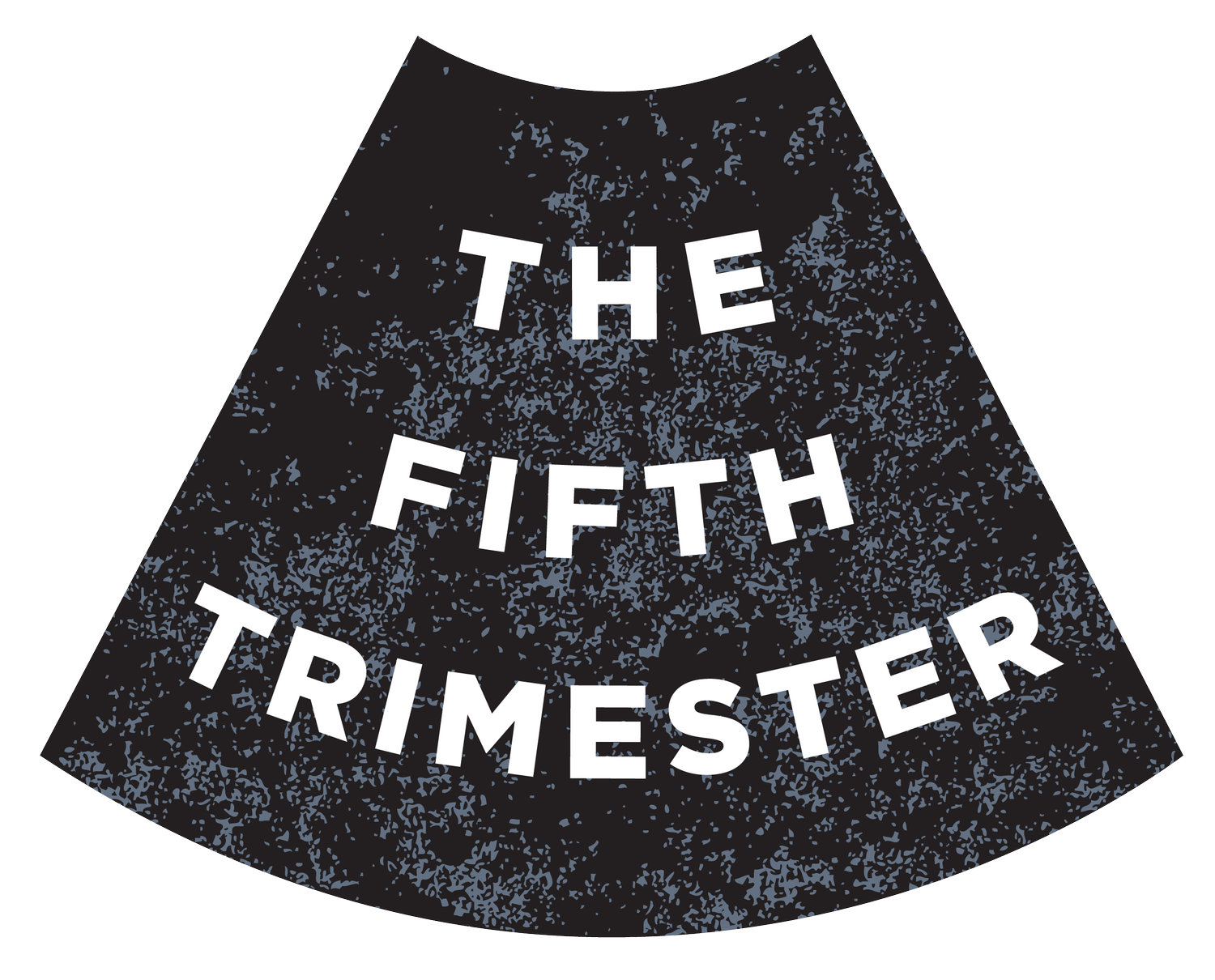Photo via Flickr user raruschel (Raissa Ruschel)
A funny thing happens when you return to work before you feel like you're on solid ground, emotionally: You get emotional at work. I go into this in a lot more detail in my book, but I'll sum it up here: The 700+ women I surveyed said that they felt "back to normal" emotionally right around six months after giving birth, on average. You know where I'm going with this. By then, maternity leave was a distant speck in the rear view mirror.
It's the worst! The last thing you want to look like at work is a mess (and really, you're not a mess...think about all of the executive functioning skills it took just to get out of the house). And yet, there you are, crying at the office Keurig.
What helps (besides longer, paid maternity leave)? The experts I interviewed offered up wonderful ideas for self-care plans, little escape hatches for when you need to get your shit together, and fast. But, as you know, I'm also a fan of bringing your whole self to work and displaying some of those vulnerabilities. Can that include tears? If part of the point of The Fifth Trimester is showing your coworkers that they can get through this transition too (and still succeed at work), is it acceptable to cry?
"I'm by no means an advocate of being a leaky, sobby, out-of-control employee," Anne Kreamer, author of It's Always Personal: Navigating Emotions in the New Workplace told the audience of female lawyers at a lunch hosted by Law & Reorder that I attended this week. "But if you shed an occasional tear, it's okay." I hung on her every word—as a longtime big-media executive and mother of two, Kreamer knows her stuff—and learned these three things about crying at work:
1) Women cry differently than men do: "Women's tear ducts are anatomically different than men's," Kreamer told us. The result: Women have a higher volume of tears, and those tears are more likely to fall down their cheeks and be visible. So this is not a matter of women being hysterical and men being withholders. It's just how we're built.
2) Some crying requires managing up: "If you're facing a significant stressor," says Kreamer—and I will pause here to note that returning from maternity leave counts—"it's actually incumbent on you to mention that to your employer. Be clear and get ahead of it."
3) Crying actually does make you feel better: Cue that old song from Free to Be You and Me (which really holds up, by the way). "No one wants to cry at work, but you can take it as a helpful signal that you need to sit down and figure out what's really going on," says Kreamer. "Women report crying at work most often because they feel angry, not sad, and that can be a catalyst for hormone release in the body." Huh. I flipped to the index of Kreamer's (excellent, really recommend it) book to learn more. She writes: "Crying stimulates the production of dopamine, a neurotransmitter that helps us feel better—and that also reduces prolactin production, which eventually helps curb the flow of tears, resetting our emotional equilibrium."
So cry! Like every other little bit of The Fifth Trimester, it's temporary and surmountable. I leave you with this gem.


